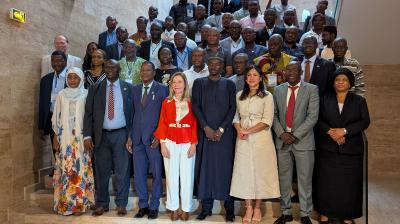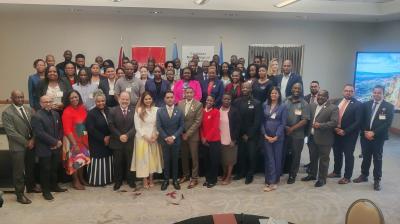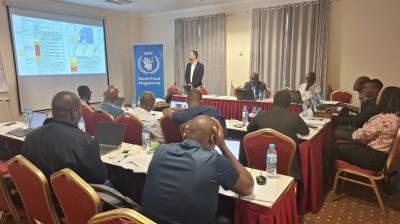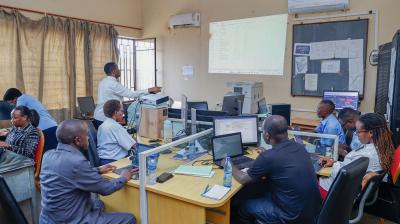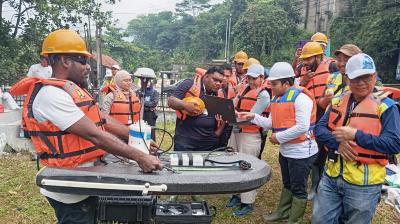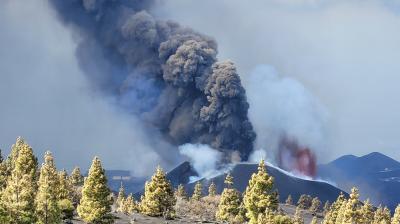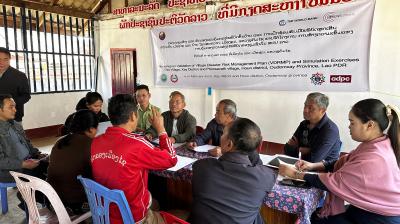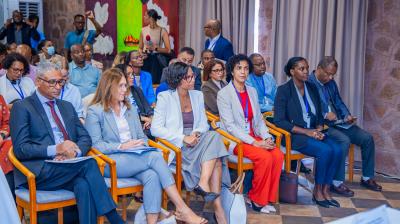Sweden provides accelerated support to five countries through Early Warnings for All Initiative
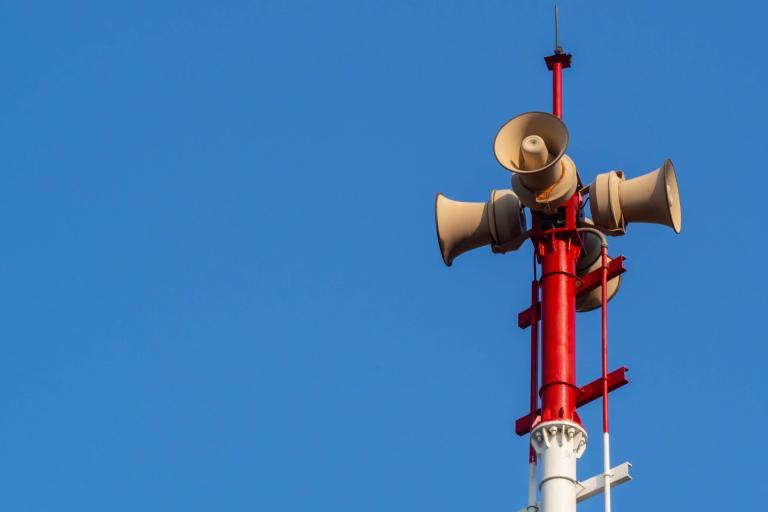
The delivery of Early Warnings for All (EW4All) requires scaled up and coordinated investments and action across the four essential pillars of end to end, people-centred Multi-Hazard Early Warning Systems (MHEWS). These pillars are (1) disaster risk knowledge; (2) detection, observation, monitoring, analysis, and forecasting; (3) warning dissemination and communication; and (4) preparedness and response capabilities.
Under the framework of the Swedish-funded Early Warnings For All multi-stakeholder accelerator in Least Developed Countries and Small Island Developing States, WMO will support the development of national Early Warnings for All road maps and will further support the technical and operational work of the road maps where they concern Pillar 2.
Currently only half of the world (52 percent) is covered by an early warning system. EW4All Pillar 2 aims to close critical gaps in the MHEWS value chain and focuses on delivering:
- Increased availability of quality observation data to assess and monitor priority hazards;
- Enhanced data exchange and access for forecasting and warning systems;
- Increased capabilities to forecast all priority hydrometeorological hazards;
- Impact-based forecasts and warnings for all priority hazards; and
- Strengthened relevant policy, institutional mechanisms, and stakeholder engagement processes in place to support MHEWS.
For the duration of the project, WMO commits to the following results:
- Provision of the current status of Pillar 2 on detection, observation, monitoring, analysis, and forecasting systems is reviewed and documented, including gaps, priorities, and needs as an input to the national roadmap;
- Provision of technical advice to aid the implementation of pillar 2 on observation, monitoring, analysis, and forecasting, as identified by the national road map;
- Strengthened national capacity to coordinate and implement pillar 2 of the national road map on detection, observation, monitoring, analysis, and forecasting; and
- Enhanced national capacities related to pillar 2 on observation, monitoring, analysis and forecasting.
WMO will work with the respective National Meteorological and Hydrological Services of each target country to ensure the assessments are undertaken, roadmaps are complete, and action is undertaken under the key areas of priority identified. Collaboration with the relevant stakeholders, initiatives, and financial entities will be sought to avoid duplication and ensure efficient use of resources.
The project is set to be concluded by December 2024.
- WMO Member:
- Bangladesh ,
- Haiti ,
- Liberia ,
- Mozambique ,
- Somalia ,
- Sweden


